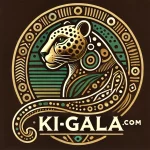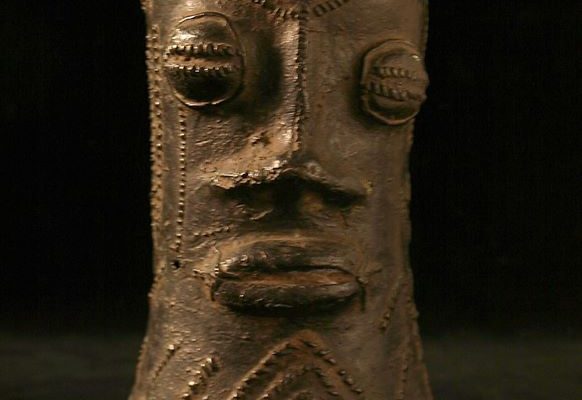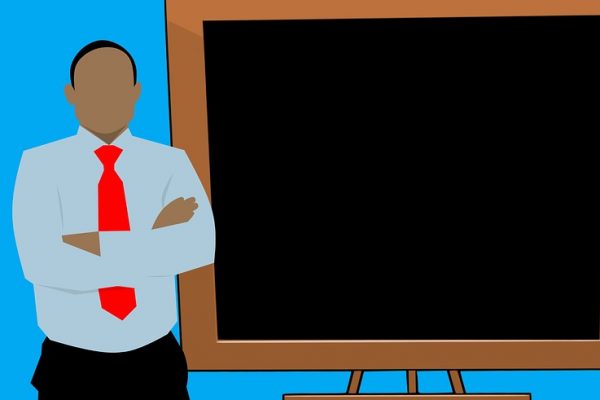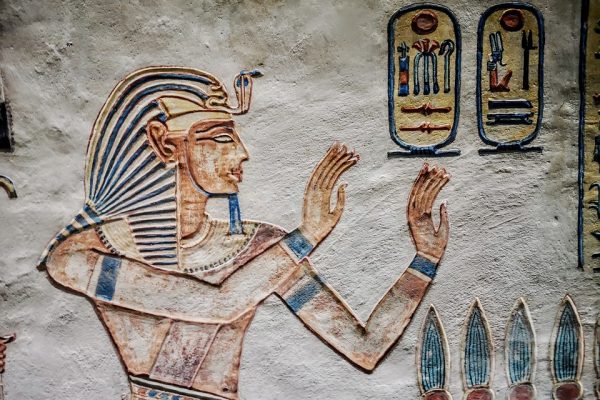Kigala-Online introduces a novel Igala literacy course designed for beginners through the medium of English language and the Internet. It is a part of the holistic instructional package aimed at safeguarding the Igala language, which is currently mortally endangered, against the external and internal forces railroading it towards ultimate extinction.
My dear compatriots, this may sound alarmist, but the truth is that the Igala mother tongue is hanging precariously at the cliff’s edge, having become increasingly endangered, by shedding hundreds of its native speakers. Only a few of them can read and write it in line with modern standard, while scores of our children and youths cannot speak their mother tongue with acceptable competency. If care is not taken, the Igala race will lose not just its vintage and highly expressive language but also the ancient culture, both of which are being frontally assaulted by a combination of neo-colonialist and religious monsters. Already, many Nigerian languages have been absorbed by stronger, nearby languages; while many more are in their endangered forms, heading gradually towards the precipice.
Today, Ukrainians are heroically bonded together by the strength of their unity expressed through their language, culture and a rich heritage of patriotism, which they have nurtured for centuries through their history, music and arts in general. The Igala, as it were, might soon forgo theirs, considering their undue emphasis on the lingua franca, at the expense of their mother tongue. A quote from Manasa Rao Saarloos is instructive. It says: “It is okay to be proud of your good English. But don’t be proud of being poor at your mother tongue. Only the scum of the earth do that.”
Kigala-online, taking cognizance of the dangers facing the language and culture of the Igala people, is out to protect them against the forces of occupation. Our goal is to impart a measure of literacy in Igala children and youths worldwide who will, tomorrow, become custodians of their language, culture and heritage. The importance of the mother tongue has been stressed by Nelson Mandela who once said:
“If you talk to a man in a language he understands, it goes into his head. [But] if you talk to a man in his mother tongue, it goes into his heart.”
The online course will start from the Igala alphabet, which learners will internalize through a combination of the seven Igala vowels, “a, e, ẹ, i, o, ọ, u,” and its 24 consonants, as encapsulated in the recital: “àbàdà-fàgà, jàkàlà mànà…,” even though with a few modifications. This memory cue was the beginning of the educational journeys of generations of Igala writers, lawyers, administrators, historians, archaeologists and so on. In the same vein, we will also teach numbers, using its own peculiar memory cue: “One-enyẹ́; two-èjì; three-ẹ̀ta; four-ẹ̀lẹ̀; five-ẹ̀lú; six-ẹ̀fà…,” which also laid the foundation for tens of Igala mathematicians, doctors, physicists, architects, and scientists of global repute.
From this humble foundation, Kigala-Online will proceed to teach the five (5) tones of Igala and how to represent them with tone-marks, noting that students’ knowledge of tones and tone-marking, in modern times, are compulsory in the curriculum recommended by the WAEC. It should be noted that tone recognition and marking had been omitted in Igala writing since its inception in the 1930s; and this has stunted investigations into the various aspects of the language. Tone and tone-marking, therefore, are an integral component of any tonal language, since tone alone creates meanings in words. More importantly,
We will also teach the grammar of Igala language, including vocabulary-building, starting from mono-syllabic words, mostly verbs, like: ló (go); wá (come); jẹ (eat); gbà (take); mọ-omi (drink water), and so on. Going higher, we will teach double-syllable, triple and quadruple-syllable words; and, by the time we are grounded in word formation, we will shift our focus to sentence formation, starting from simple to complex sentences.
We will support you with a customised (indigenised) Igala Keyboard Layout, which contains all the Igala vowels, particularly, the notoriously scarce ones on the regular computer keyboard – ẹ, ọ and ñ. The keyboard layout is available on our website: https://www.ki-gala.com for free download on your laptops or desktops. Other visitors to the site can also download the keyboard. Handouts on every lesson delivered will be at the website for subscribers to download and go through in their private time.
Lessons will hold every Saturday for one hour, four times in a month. We have also made additional arrangements for Private and Family Classes. To secure your place among the first subscribers; and, for enquiries about our Monthly, Private and Family Plans for our instructional services, send a mail to: jiboidakwoji@gmail.com. Subscription Details will follow shortly.
John Jibo Idakwoji
(Author, Lexicographer)









